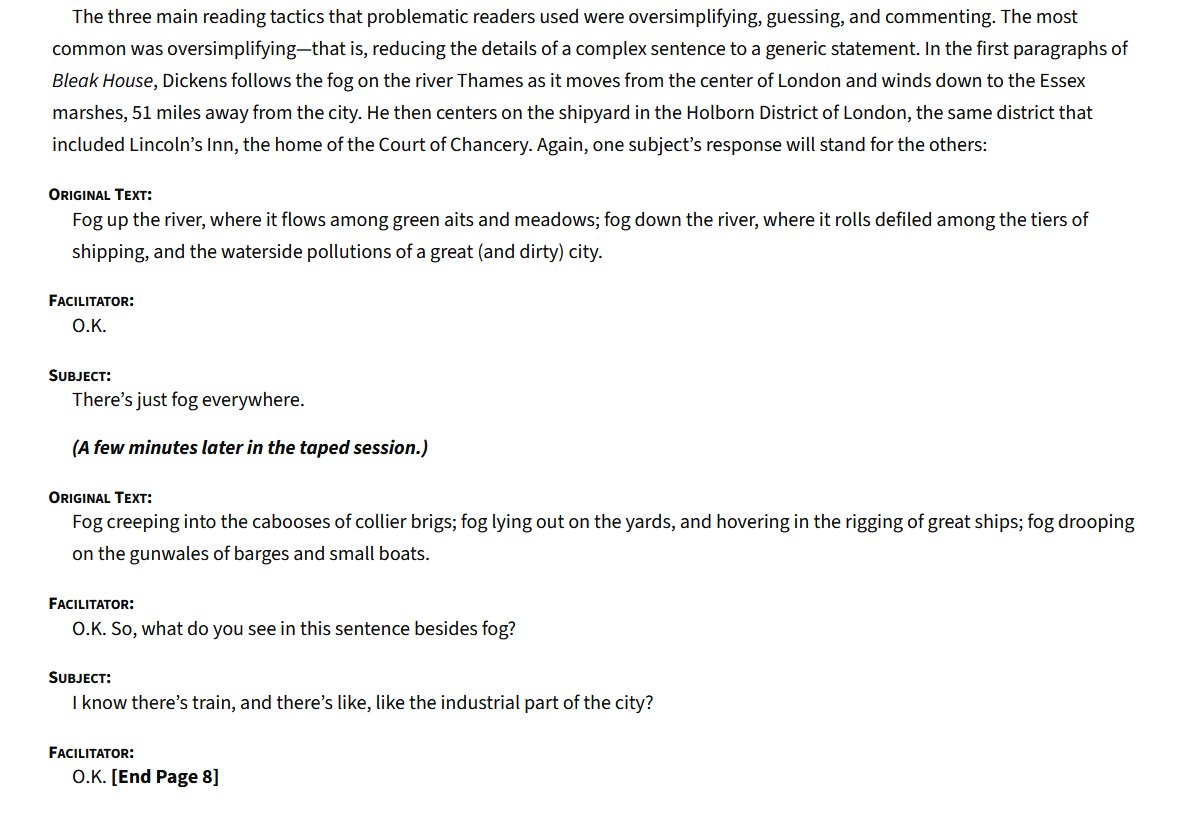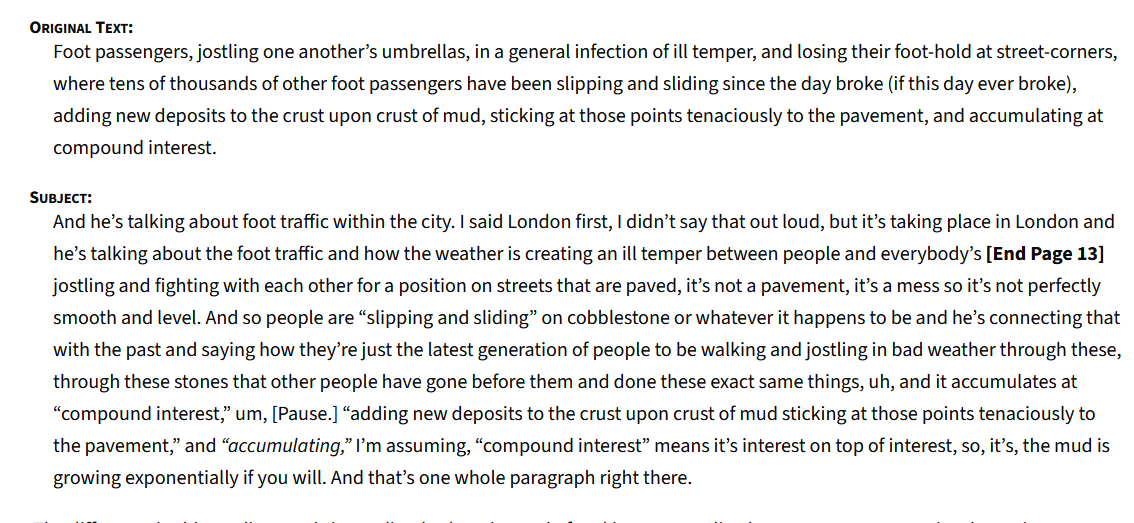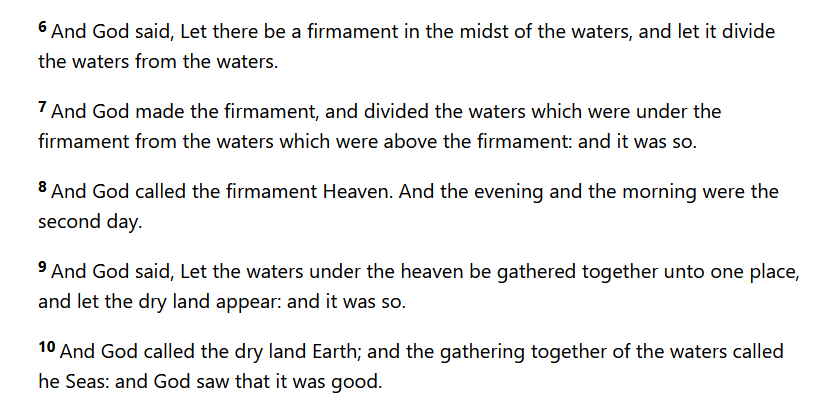Everybody cites this study on how 2/3rds of English majors cannot understand the first paragraph of Bleak House—I strongly recommend reading the study itself. It is very enlightening on why the students are failing. 

A huge amount of the problem is simply that students do not seem to have been trained to look up unfamiliar words in dictionaries as they read.
The instructors explicitly allow the students to do this as part of the task but almost none of them do so. *I* had to look up a word in the dictionary--Micahelmas--when I first read the opening passage in question 

Thinking about just that opening paragraph. To understand it you need to:
1) Recognize some terms more common in Britain than in America: Michaelmas, Lord Chancelor, Holborn Hill.
2) Recognize antiquated terms ("chimney pot" instead of "chimney" or "chimney stack")
1) Recognize some terms more common in Britain than in America: Michaelmas, Lord Chancelor, Holborn Hill.
2) Recognize antiquated terms ("chimney pot" instead of "chimney" or "chimney stack")
3) Know the Bible well enough to catch the allusion to the flood and understand why a 19th c author would be putting a dinosaur before the flood
4) Have some understanding that industrializing Britain created enough smog to block out the sun
5) Able to interpret figurative language (the ashflakes as snowflakes wearing mourning colors for the "death" of the sun, just a poetic and clever way to describe #4)
5) Able to interpret figurative language (the ashflakes as snowflakes wearing mourning colors for the "death" of the sun, just a poetic and clever way to describe #4)
6) Deal with many claused sentences, especially those with parentheticals or asides that seem to negate part of the main clause ("if this day ever broke").
7) Understand financial terms like "compound interest"
7) Understand financial terms like "compound interest"
So in the study they have the students read out loud and interpret what they are reading as they go. Very revealing.
Here is one student who misreads the passage because she does not recognize the word "Megolasarus" and does not look it up.
Here is one student who misreads the passage because she does not recognize the word "Megolasarus" and does not look it up.

For many students of English literature studied, reading seems very vibes based. You get a general vibe based idea of how the passage *feels* .... and then you read sparknotes to fill in the gaps. 

There is an entire way of teaching reading that goes something like "you need to get really good at guessing the meaning of words from context instead of looking them up."
I wonder if that is one of the culprits here.
I wonder if that is one of the culprits here.
Lol he is 100% correct
https://x.com/PatrickDFarley/status/1970886149314158959
I have been thinking a lot about what you could do with eighth and ninth graders to reverse this trend.
I think my old solution of focusing their education on poems, essays, and short stories is probably the right approach:
I think my old solution of focusing their education on poems, essays, and short stories is probably the right approach:
focus on incredibly close readings, make them memorize reams of poetry to build up their store of literary allusions and to get them used to interpreting figurative language, spend obscene amounts of time parsing sentences and identifying paragraph level literary techniques.
People keep saying that but folks I am not talking about childhood. Looking up words should be a *lifelong* habit. I probably looked up more than 200 words when I read Blood Meridian this year.
https://x.com/hazeyjanei/status/1970891883305169073
I rarely read a work of classic literature without using a dictionary--often dozens of times!
• • •
Missing some Tweet in this thread? You can try to
force a refresh










